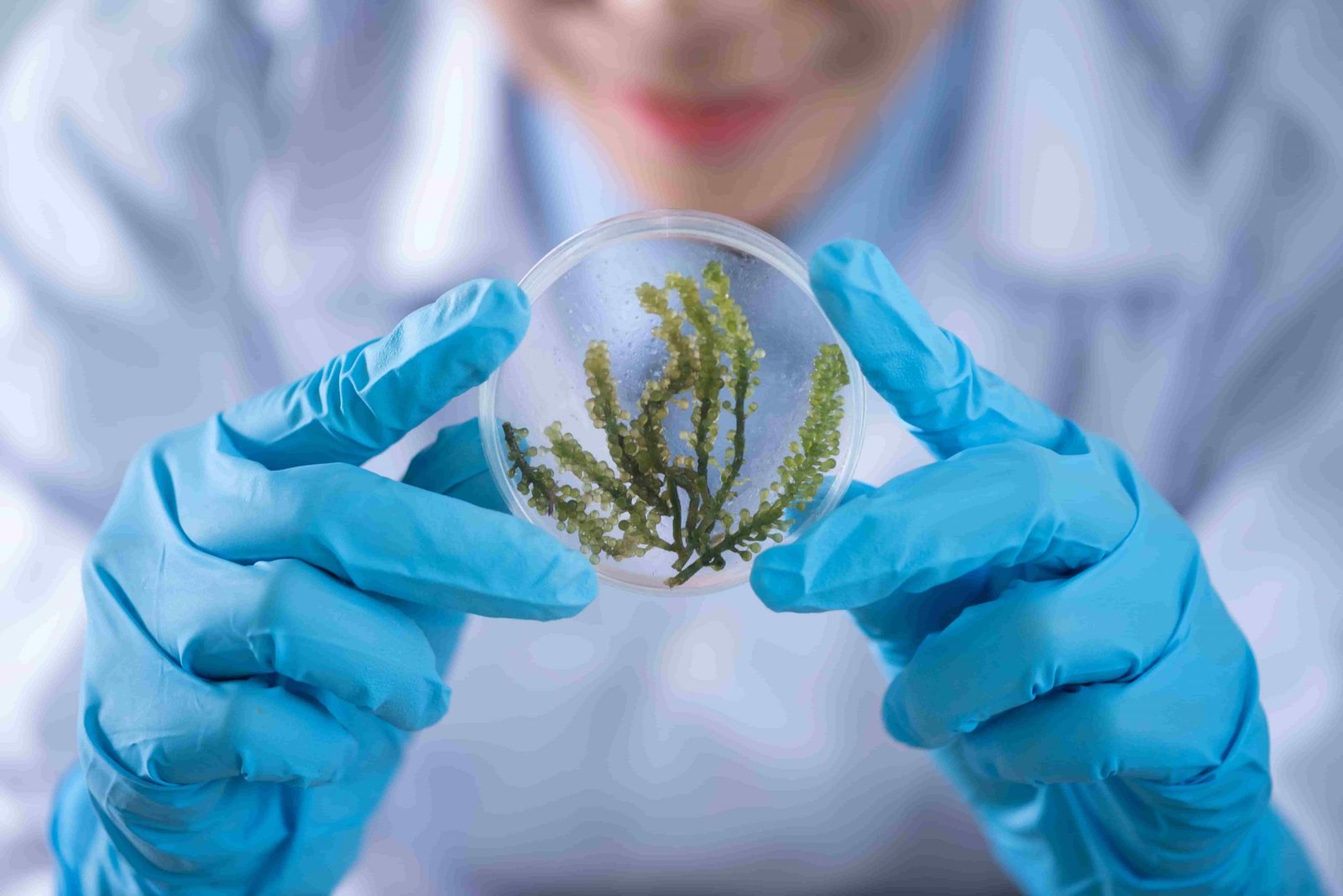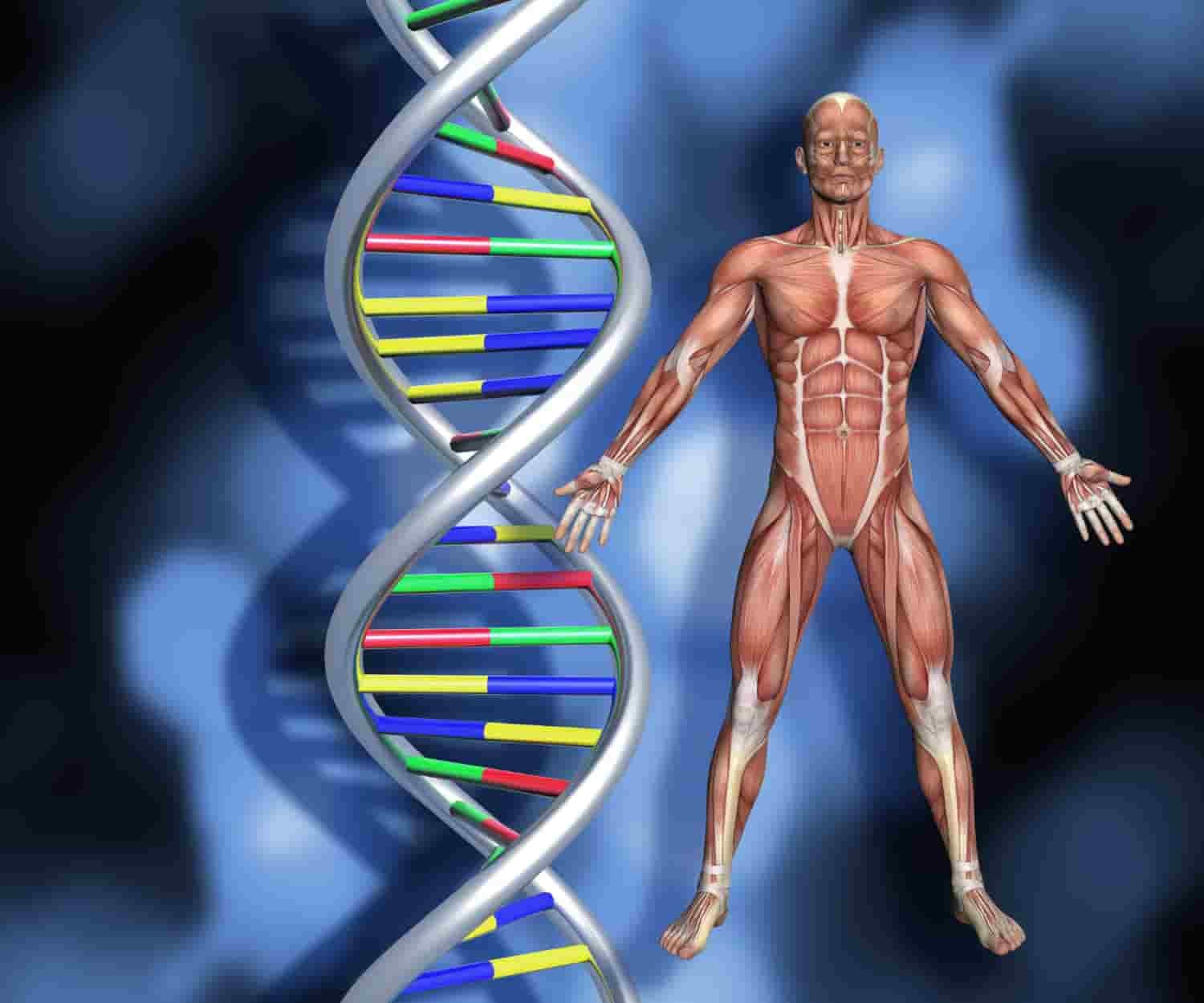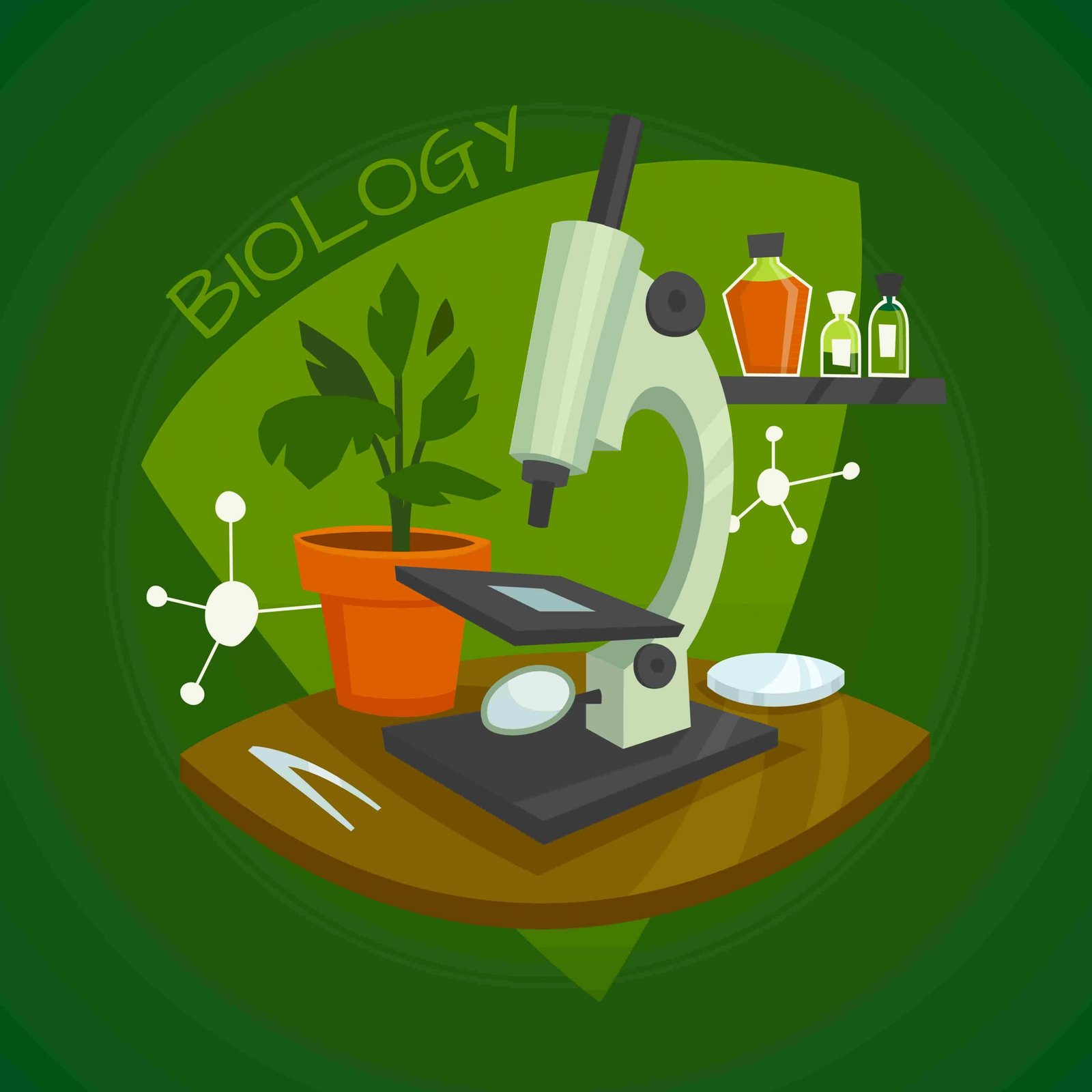Introduction
Biology, from the Greek words ‘bios’ meaning life, and ‘logos’ meaning study, is the science that explores the intricacies of life. It aims to answer profound questions about the existence and workings of living organisms, from microscopic bacteria to colossal whales, from simple algae to complex human beings. But, what makes biology so fascinating? Let’s dive deeper.
The History
Like a seed growing into a massive tree, biology’s roots extend back to ancient civilizations. Ancient Egyptians studied animal physiology, while Aristotle, the Greek philosopher, is often considered the father of biology. However, it was during the Renaissance, with the invention of the microscope, that is truly began to blossom. Isn’t it intriguing how our understanding of life has evolved alongside our own evolution as a species?
The Branches
Biology is like a vast jungle, teeming with diverse branches of study, each with its unique species of knowledge. Let’s explore a few.
Botany
The study of plant life, botany, is like a green leaf in the tree of biology. It deals with everything about plants, from their structure and growth to their uses and role in the environment.
Zoology
Zoology, the animal kingdom’s study, resembles the mighty lion in our biology jungle. It examines all facets of animal life, from their behavior and structure to their distribution and classification.
Microbiology
Microbiology, the study of microorganisms, could be likened to the unseen insects of our metaphorical jungle. These organisms may be invisible to the naked eye, but their impact on life is colossal.
Ecology
Like the birds surveying the ecosystem from above, ecology studies interactions between organisms and their environment. It’s integral to understanding our place in the world and how we affect it.
Genetics
Genetics, the study of heredity and variation, is like the DNA of our biology jungle. It’s the blueprint of life, holding keys to understanding diseases, evolution, and much more.
The Importance
Understanding biology is like opening a window to the world of life. Let’s see what it unveils.
Understanding Ourselves
Through studying biology, we learn about our bodies and minds. How do our cells function? Why do we age? How does our brain work? These mysteries unravel through the lens of biology.
Solving Biological Problems
Also plays a vital role in solving real-world problems. From combating global pandemics to improving agricultural practices, biology provides the tools and knowledge to tackle these challenges.
Conservation and Environment
By studying ecology, we learn about biodiversity and the importance of conserving our environment. It’s like learning to become stewards of our biological home.
Advancements in Medicine
Medical advancements owe much to biology. From understanding diseases at the cellular level to developing vaccines, biology is at the heart of healthcare. It’s like the doctor of the scientific world, diagnosing and treating ailments of life.
Conclusion
In essence, biology is the science of life, a vibrant tapestry woven with threads of diverse living organisms. It’s a study that allows us to understand ourselves better, solve biological problems, conserve our environment, and push the boundaries of medical science. It’s the jungle guide that helps us navigate the complex world of life. Now, how’s that for a science?
FAQs
Q1: What is the main focus of biology?
Focuses on the study of life and living organisms, including their structure, function, growth, origin, evolution, distribution, and taxonomy.
Q2: Why is biology important in everyday life?
Is important in everyday life as it allows us to understand our bodies, our resources and potential threats in the environment. It’s integral in developing innovative solutions to global problems such as disease, food production, and climate change.
Q3: Who is known as the father of biology?
Aristotle, the ancient Greek philosopher, is often referred to as the father of .
Q4: What are the main branches of biology?
The main branches include botany, zoology, microbiology, ecology, and genetics, among others.
Q5: How has biology improved healthcare?
has improved healthcare in numerous ways, including understanding diseases better, developing effective treatments and preventive measures, and improving public health policies and practices.








